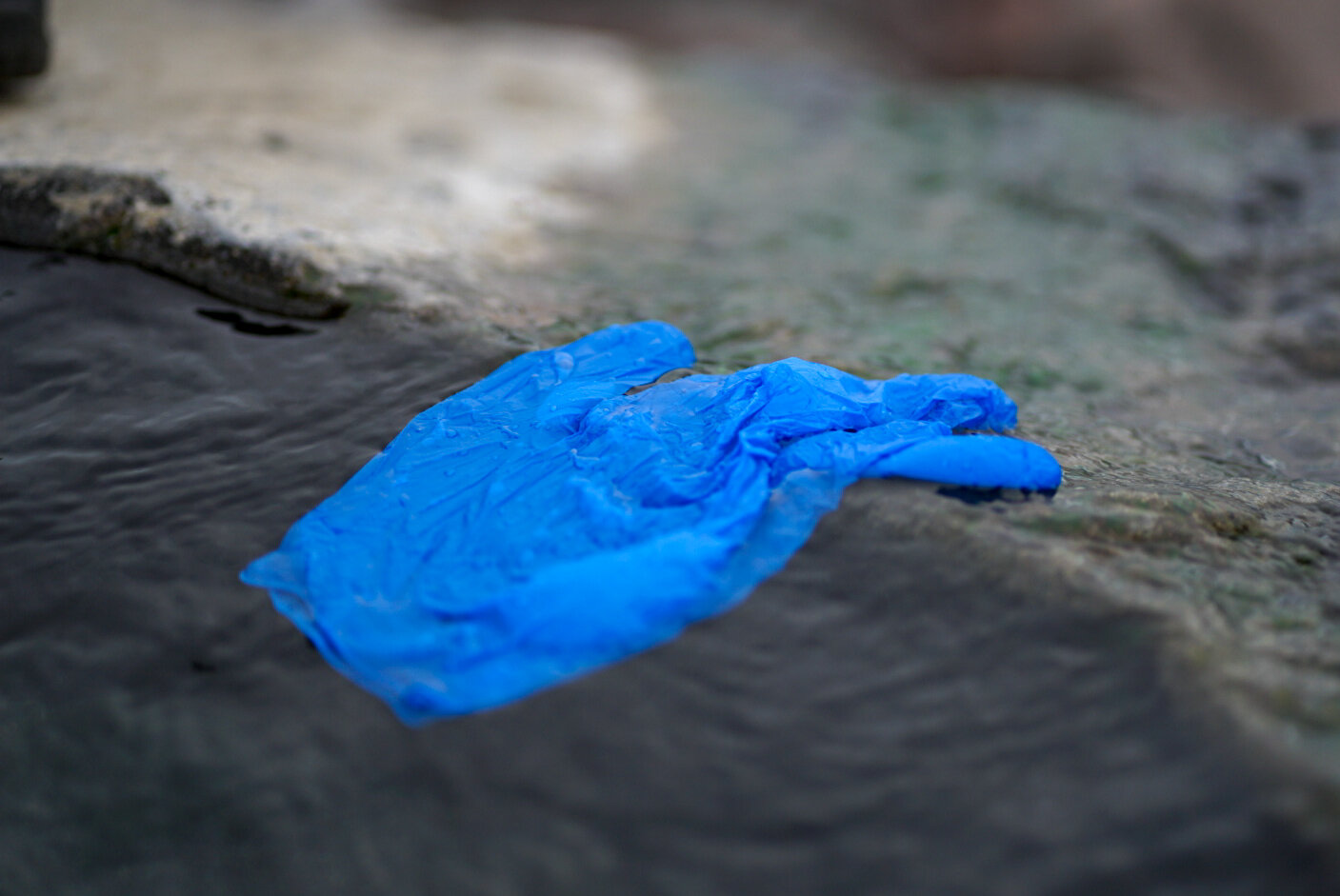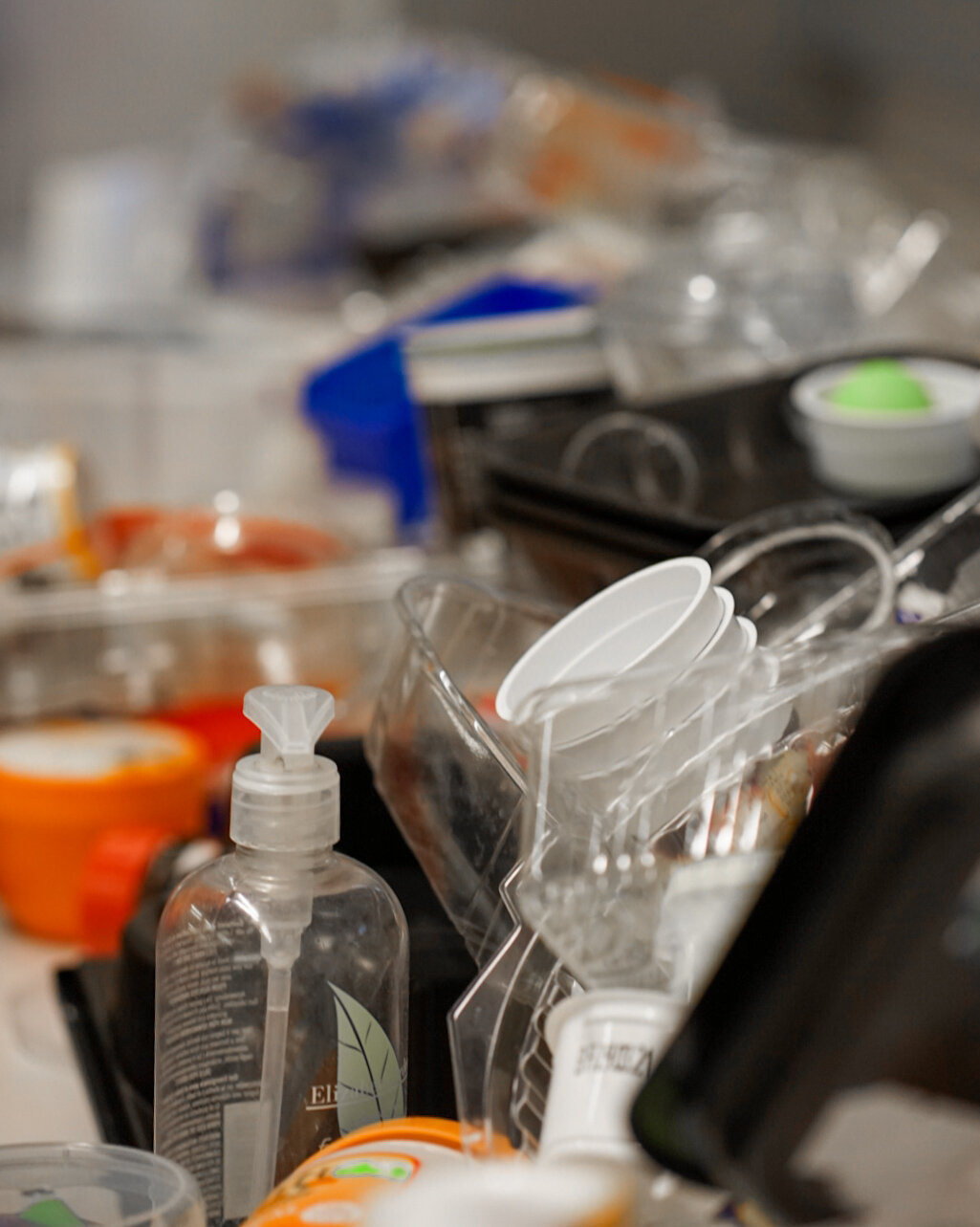The Importance of Recycling
Contributed
There are over seven billion people on our little earth, each one throwing away something every second. That’s why it’s essential to talk about our consumption and the waste it creates and find some ways to help the environment. I had the pleasure of interviewing Birgitta Stefánsdóttir, an advisor on a team for green communities at the Environment Agency of Iceland. Birgitta focuses a lot on waste, that is, waste statistics and waste prevention. She also works for the Nordic Swan Ecolabel. Her ambition is to use her job to decrease consumption in Icelandic society without impacting welfare. Apart from her passion for the environment, she also loves to knit, travel, and enjoy Icelandic nature.
What happens to waste in Iceland?
If we look at the waste that most citizens see, the municipal solid waste or the household waste that we see at home and in canteens and such, a bit less than 30% is recycled. Most of the remaining 70% goes to landfills. The waste that we sort gets shipped to big recycling facilities in Europe, where it is sorted further and put into either material recycling or incineration with energy recovery. There is not much recycling in Iceland apart from the composting of organic waste, as well as a tiny bit of plastic recycling.
Why is it important to recycle waste?
It is important to recycle waste because of all the resources that have gone into producing whatever it is we are discarding. If the waste ends up in a landfill, there is no way for us to continue to use the resources that have gone into the production of the product we are throwing away. So not recycling is simply a very poor use of resources. This is also related to the ideology of the circular economy, where we are striving to minimize waste by finding ways to keep resources circulating in the economy, thus making us less dependent on virgin materials.
Photo / Sædís Harpa Stefánsdóttir
What is the correct way to recycle?
When sorting waste, the most important thing to keep in mind is to separate different materials by taking apart the packaging or product that you have and to try to make the waste as clean as possible. In that way, we can create a clean and homogenous waste stream which is more valuable and more likely to be fit for material recycling. You can also find instructions for recycling on the websites of waste management companies (such as Sorpa, Terra, and ÍGF) as well as on your municipality’s website.
Photo / Sædís Harpa Stefánsdóttir
What is the most important waste that students should recycle and why?
That really depends on what environmental issue you are trying to solve. If we’re looking at climate change, the most important materials to keep away from landfills are organic waste and paper, as those biodegrade in landfills and cause methane emissions. Plastic, on the other hand, can be quite climate-friendly, as it does not biodegrade, but instead, we have the huge problem of plastic pollution and its impact on the marine environment. Then we have valuable materials such as metals, which can be found for example in small electronic appliances, which we in Iceland are not sorting very well, sadly.
What harm can come from not recycling?
As reflected in the answers above, no resource deserves to end up in a landfill. Not recycling just makes the problems we are already facing due to overconsumption even bigger.
What are some other ways a student can help the environment?
I would like to emphasize that recycling is really the last resort. What we really need to focus on is stopping unnecessary consumption and minimizing the use of virgin materials. We can do this by a) buying less shit, b) buying used, c) repairing, d) sharing, and so on. Slowing down the speed of our lifestyles and focusing on what really matters, like family and friends and creating memories, is one of the best ways we as individuals can help the environment.



